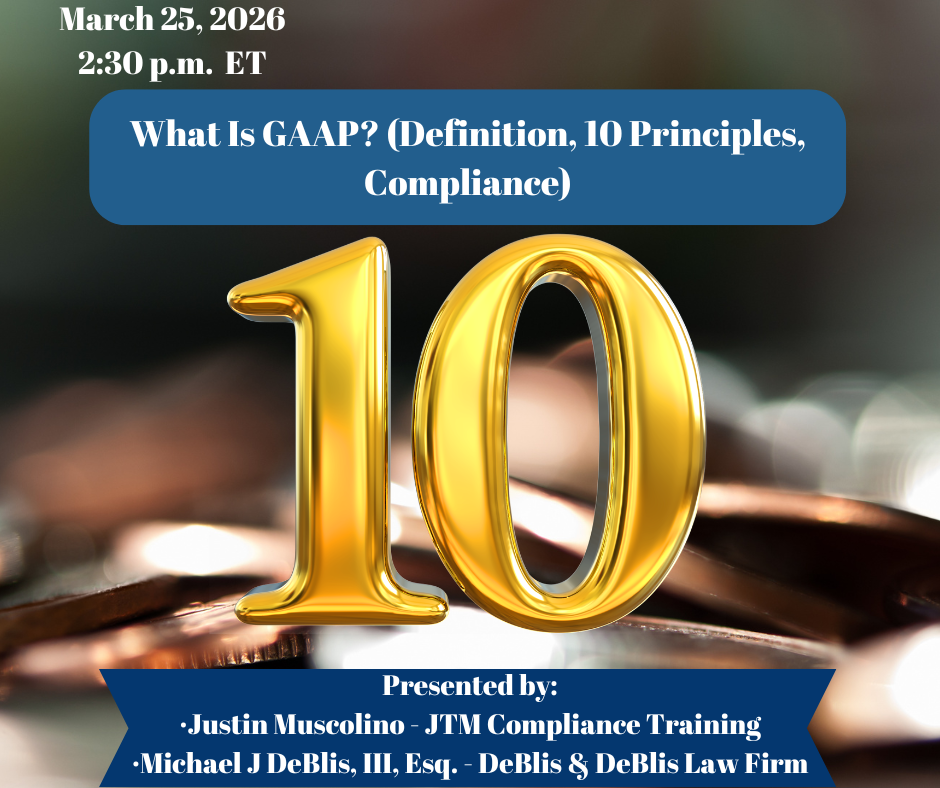
Exciting new series on “Voice, Body and Movement for Lawyers – How to connect with the jury and find Justice Through Dramatic Technique!”
Click here to find out more
Your company is in distress. Its bankers or bondholders have demanded that the company retain a chief restructuring officer (“CRO”) or a turnaround consultant as a condition to their cooperation in negotiating a forbearance agreement or loan modification. What does the retention of a CRO or turnaround consultant mean to executives in the “C” suite and to the company’s general counsel? What are the duties and functions of a CRO or turnaround consultant? How do their duties overlap with those of management? How are they different? How do they avoid becoming irrelevant and losing power? What should they do in order to remain necessary to a successful restructuring or turnaround of the business? What signals and signs should they look out for? This program also will cover what gets said versus what are the real motivations of the CRO and turnaround consultant and what that means to management.

Effective data privacy and artificial intelligence governance programs do not happen by accident. Th...

In this course, Dr. Carlson will present a broad overview of what scientific research has discovered...

In high-stakes, high-pressure environments like the legal field, even the most accomplished professi...

This course clarifies the distinction between profit and cash flow from a legal perspective. Attorne...

This course breaks down GAAP’s ten foundational principles and explores their compliance impli...

This CLE program examines attorneys’ ethical duties in managing electronically stored informat...

This attorney-focused program reviews upcoming Nacha rule changes for 2026 with emphasis on legal ob...

This program provides a comprehensive analysis of the Sixth Amendment Confrontation Clause as reshap...

Attorneys are judged every time they speak—in client meetings, depositions, hearings, negotiat...

Evidence Demystified Part 2 covers key concepts in the law of evidence, focusing on witnesses, credi...